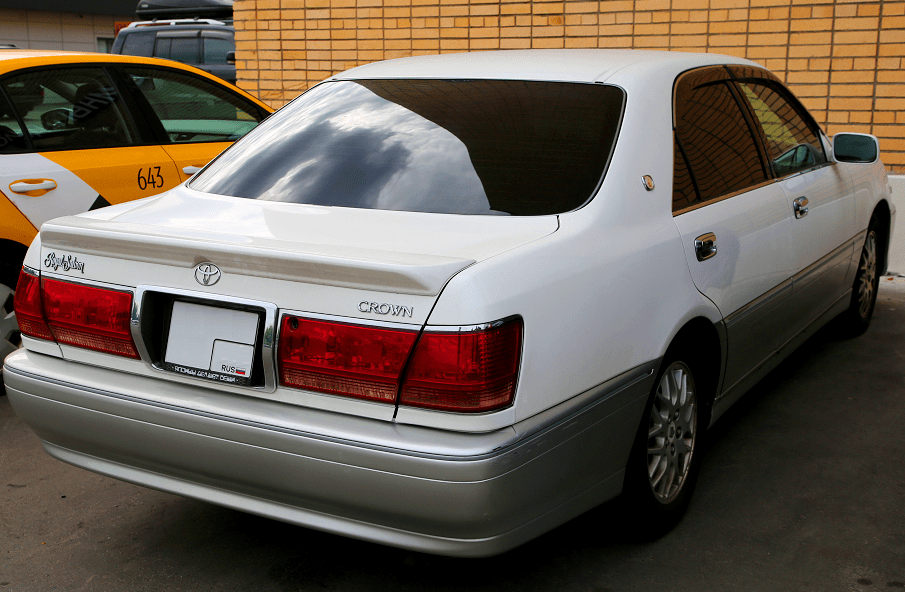Understanding the Role of the Crown in Canada

Introduction
The Crown plays a central role in the governance of Canada, representing the nation’s constitutional authority and continuity of the state. As a symbol of sovereignty, it embodies the historical and legal framework that governs the country. With the recent events surrounding the British monarchy, the status and relevance of the Crown in Canada are once again in the public eye, prompting discussions about its role in a modern democracy.
Historical Context
The concept of the Crown in Canada dates back to the colonial era when Canada was part of the British Empire. The Crown represents not just the monarch, currently King Charles III, but the legal authority embodied within various levels of government. The Crown’s powers are exercised by elected officials, but it retains certain responsibilities, such as the granting of royal assent for legislation and the appointment of the Governor General, who acts as the monarch’s representative in Canada.
Recent Developments
Following the death of Queen Elizabeth II in September 2022, Canada has experienced a period of transition concerning the Crown. The new King, Charles III, has expressed his commitment to advocate for the Commonwealth and its values. Canadian citizens have been reflecting on the monarchy’s role in contemporary society, with conversations emerging about potential reforms or changes to the constitutional framework. Some advocates have put forth arguments for moving towards a republic, while others emphasize the historical significance and stability the monarchy provides.
Current Public Sentiment
Polls indicate that public opinion remains divided regarding the future of the Crown in Canada. While some Canadians view the monarchy as a relevant and integral part of the national identity, others feel it is time to reassess its position in a modern democratic context. Ongoing discussions in Parliament and among advocacy groups suggest that the matter will continue to evolve. Events such as royal tours and community engagements foster ongoing connections between the monarchy and Canadian citizens, showcasing the Crown’s role in cultural and national celebrations.
Conclusion
The significance of the Crown in Canada is deeply rooted in the country’s history and constitutional framework. As conversations surrounding the monarchy’s role continue, it remains imperative for Canadians to engage in dialogue about their governance and identity. Whether the Crown will maintain its traditional role or evolve towards a new governance structure, its presence will undoubtedly shape the future of Canadian democracy. The ongoing discussions reflect the dynamic nature of Canadian society, as residents weigh the value of historical traditions against the desire for modern representation and governance.









